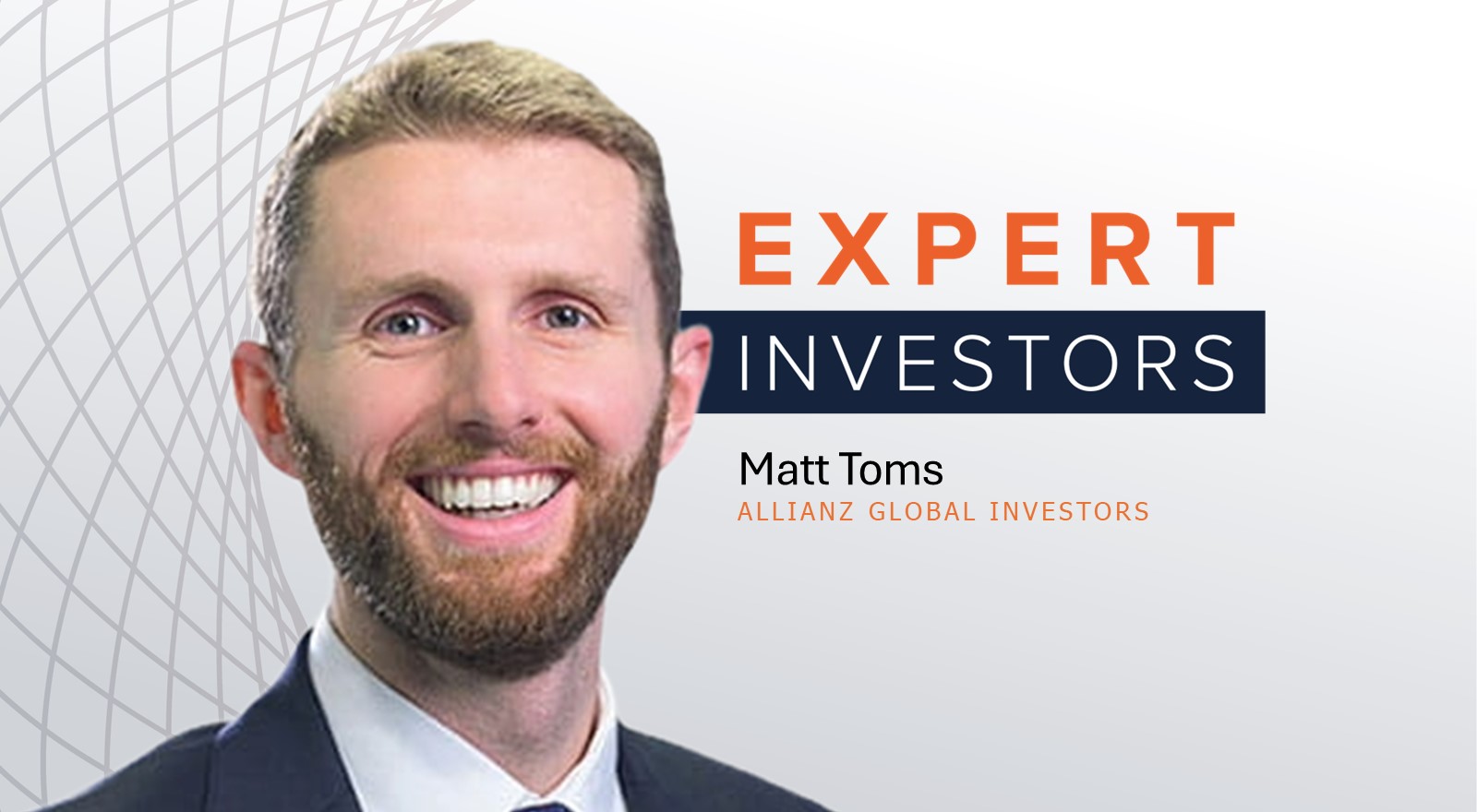European investors are spoilt for choice when targeting esoteric exposures through ETFs, however, Allianz Global Investors multi-asset fund manager Matt Toms believes many of these non-core building block ETFs are too small for fund selectors to access.
Reflecting on how his team implements using a mixture of ETFs and futures, Toms said there is a need to manage cash carefully and ETFs provide an efficient tool to do this.
“We would like to see more of these cash equivalent ETFs scale up,” he said. “One thing we are caught by is the fact we can only own 25% of an ETF, so if you have quite a big book of business, you need quite a big ETF.”
He added there is not a shortage of innovation or volume of ETFs but a “tremendous choice” available to investors.
“More often I find myself saying ‘that ETF is too small’ than I do saying ‘that ETF does not exist’, so that is more of an issue for us.
“Core equity ETFs have the scale, the low management and trading costs – what we hope will happen is this will ripple through more peripheral markets and some areas of fixed income get a bit cheaper and thematics seeing a bit of consolidation and more scale.”
Demand remains for ‘light green’ ESG
Toms noted his team had a momentum component within their process, which currently sees Japan as its largest equity overweight.
However, this is partially implemented through the $1.9bn iShares MSCI Japan ESG Screened UCITS ETF (SAJP), owing to the ETF’s low tracking error.
“There are ESG regulations in various markets which take an all or nothing approach – you have either got to be dark green or traditional – but we still think there is a place for a lightly screened product with low tracking error,” he said.
“Regardless of how regulations develop in future, we hope there are still options for people that want to do light-touch screening.”
Picking moments in fixed income
Like most fund selectors, the Allianz team is positioning the fixed income sleeve of its portfolio in anticipation of different central bank rate cutting cycles across the world.
Toms said the turn of the rate cycle is “in view now” in developed markets, explaining his firm’s “slight overweight” to UK Gilts.
“In Gilts, we are overweight a benchmark index, so we have not made a curve play there, whereas elsewhere in the portfolio we have a US 5-10 steepener and a German 10-30 steepener,” he said.
Moving away from developed markets and towards those “further along the cutting path”, Toms noted an overweight to Chinese government bonds.
“Yields are lower than they have been historically, but this still gives an anti-cyclical component to the portfolio, because of the different cutting cycle,” he said.
“I would not be surprised if at some point we were to trim that back and add it to more developed markets as they start to cut and China stops.”
Away from sovereign debt, Toms said his firm is “cautious about credit”, viewing valuations as “pretty rich”, with a preference for using its risk budget within equities.
This article first appeared in ETF Insider, ETF Stream's monthly ETF magazine for professional investors in Europe. To read the full edition, click here.



